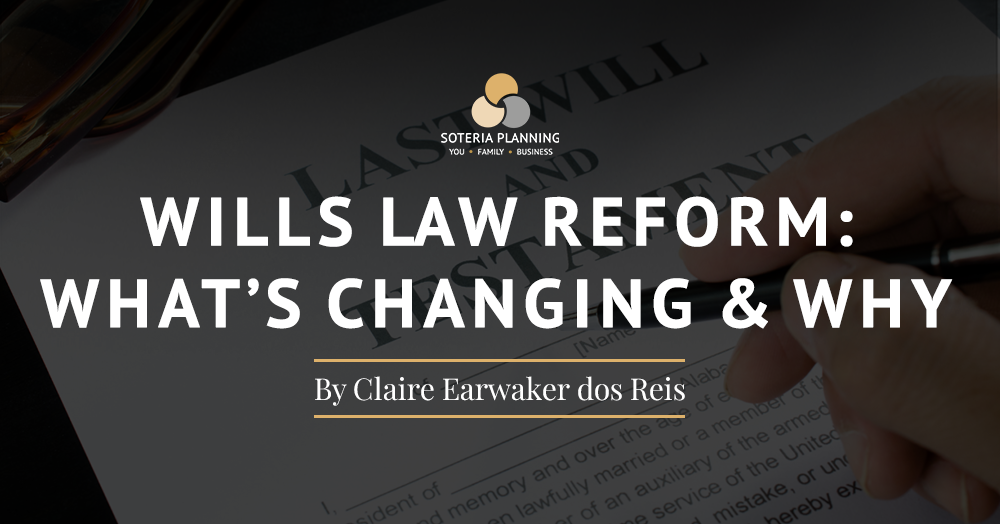Including charitable giving in your will can be a meaningful way to leave a legacy and support causes you care about. At Soteria Planning, we recognise the importance of thoughtful estate planning. Here are key benefits and considerations:
Tax Benefits
In the UK, leaving money to charity can reduce the inheritance tax on your estate. If you leave at least 10% of your net estate to charity, the inheritance tax rate on the remaining estate can reduce from 40% to 36%.
Choosing the Right Charity
Select charities that align with your values and passions. Research their work to ensure your contribution will be used effectively. You can also discuss your plans with your charity to understand how your gift will be utilised.
Types of Gifts
You can leave a fixed amount of money (pecuniary legacy), a specific item (specific legacy), or a share of your estate (residuary legacy). Each type of gift has different implications for your estate and beneficiaries.
Impact of Your Gift
Consider the impact your gift will have on the charity. Large gifts can be transformative, while smaller gifts can still make a significant difference. Charities often provide options for how your donation can be used, such as funding specific projects or supporting general operations.
Legal Considerations
Ensure your will is clearly written and legally valid to avoid disputes. Seek advice from an advisor to draft or update your will, ensuring your charitable intentions are clearly stated.
Communicating Your Wishes
Inform your family and executors about your charitable plans to avoid misunderstandings. Clear communication can help ensure your wishes are respected and carried out as intended.
Charitable giving through your will can create a lasting legacy and provide support to important causes. Book a meeting with one of our advisors today to discuss how to incorporate charitable giving into your estate plan effectively.
For more tips and insights, read our other informative blogs on estate planning and related topics.



Share this with
Email
Facebook
Messenger
Twitter
Pinterest
LinkedIn
Copy this link